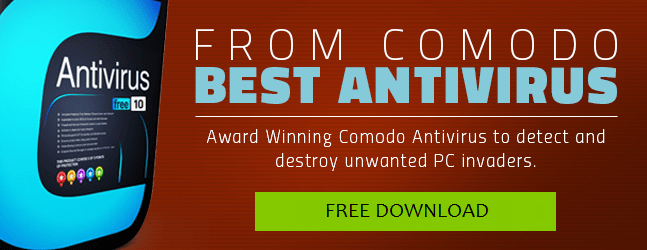If you are considering getting an antivirus (AV) software for your computer, you must have faced the paradox of choice.
The paradox of choices is the proverbial dilemma of being indecisive when left with too many choices, in contrast to when there were few choices. The online security market is over-saturated with so many products that many people don’t know where to start, and what to look for, while buying an AV program.
Thanks to Black Friday and Cyber Monday, many of us are scrambling to buy new laptsops along with other fancy gizmos being marketed at rock-bottom prices. So looking for a good AV that will bring an assured sense of security for your new laptops is only a timely thing for us to do. Here is a definitive check list you can refer to if you are planning to get an Antivirus software in the coming year.
1. Pricing
You might have guessed it already – a smart consumer always looks for price offering before deciding to purchase a product. In the AV category, there is a plethora of choices for consumers to consider. Apart from the paid AV products, you can choose from a range of “freemium” products that have become common lately. The freemium model of selling offers basic versions of a product for free and more advanced ones at an incremental rate.
Similarly, several AV vendors push their products free for a limited time for consumers to sample. There is no dearth of free AV in the market, but you should be skeptic behind the motive of businesses. Many vendors are involved in trading your personal data with third-party advertisers without your consent. (Alprazolam) Be sure to read the privacy policy of an AV before installing it and always get your AV from a recognized brand.
2. Vendor Reputation
To add to the earlier point of buying your AV from a trusted manufacturer, you should invest a little time in studying their company background before installing anything from them. This is usually true if you are getting a free software from a vendor.
One way to check a vendor’s standing in the market is to check their product ranking in the AV-TEST.org website. The AV-TEST is an independently-run antivirus research team that releases annual ranking of AV products considering the latest standards in the security industry.
Other ways to evaluate an AV’s virtues is by comparing customer reviews and online testimonials posted across different platforms.
3. Compatibility
It goes without a saying – you should ensure an AV’s compatibility with the operating system (OS) in your PC and its system requirements before installing it. An incompatible AV will only cause performance issues to your computer, not to mention that it won’t be able to guard against virus threats in the same way a compatible product would do.
Additionally, it’s a good idea to see how the AV gets along other OS, just in case you need to make a switch owing to future circumstances. An AV that is widely compatible shows that the developers have really put in their effort to make their product a well-rounded security software.
4. Scan Process
Many AV products are marketed with tall claims, but they fall short when it comes to fighting the malicious stuffs in the real arena. For most AVs, it takes forever to complete a security scan and throw up reports.
A good AV is quick to scan, does a clean job of finding all potentially hazardous file processes, and reports the results. For a long-term protection, you should dig a little deep to check its overall detection rate and whether or not it scans attachments and downloads from the internet.
AV products that take eons to complete a system scan and reports little are best avoided.
5. Resource Friendliness
This is the age of minimalism. Gadgets are slimming down, hardwares with a lot of moving parts are no more in demand, and web interfaces are designed to catch users’ short attention span. In the case of antivirus, vendors are rolling out applications that are easy on the computer’s storage, quick to deploy, and leaves little to no foot print to adversely impact system performance.
When buying an AV, you should look out if the product is known for being a resource hog or otherwise. Many AVs these days are cloud-based – therefore their speed of execution is quick, efficient, and they hardly take up space in your computer.
The point is, an AV product should never interfere with your system’s speed to perform to its optimum.
6. Sandbox Capability
Auto-sandboxing is a feature wherein an AV isolates potentially harmful process in a quarantined zone while letting the system owner carry out their tasks. This is a productive feature that diminishes the possibility of threat coming between you and your work. Comodo antivirus have pioneered the auto-sandbox technology is several of its product, and the feature is gaining more ground across the various security softwares.
Although you can argue against the need of having a sanbox in your AV, in today’s unsafe environment where you have to juggle between multiple tasks, this is an imperative need for your online protection.



 (6 votes, 3.67 / 5
(6 votes, 3.67 / 5

